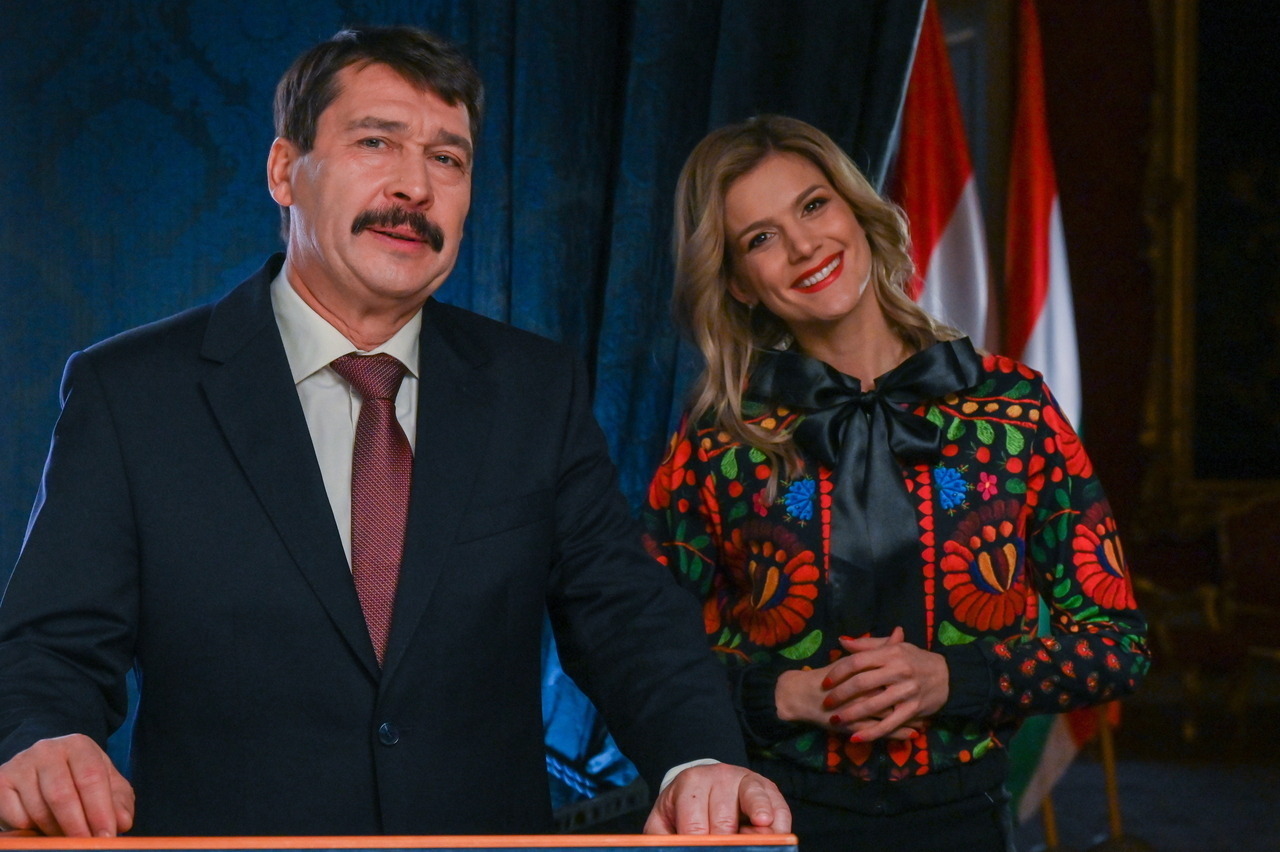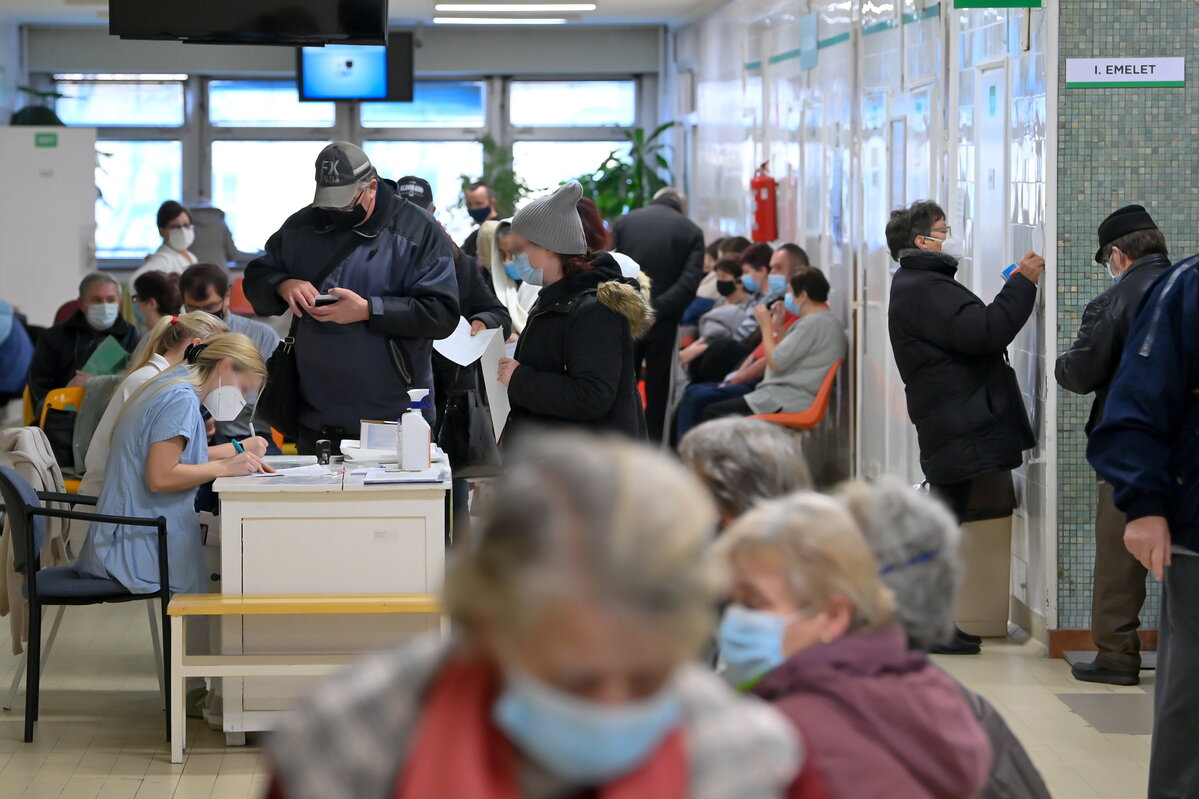Hungarian President’s New Year Speech: “strengthen our will to act”

President János Áder, in his New Year’s address, urged Hungarians to strengthen their will to act in 2022.
“Let’s not only reaffirm, but also strengthen, our will to act in the new year, and let’s not allow apathy and resignation to get the better of us,” Áder said in his speech televised at midnight.
Quoting Hungarian-American psychologist Mihály Csikszentmihályi, Áder said:
“We can live our lives as chess pieces, controlled by outside forces, or we can take the reins … We can see ourselves constantly as victims but there is also the option of gaining satisfaction from immersing ourselves in work.”
The president said many had succeeded in overcoming feelings of helplessness and despair this past year.
Many see the new year as a clean slate, the president said, warning however that when “we look to mark holidays, family events and important deadlines … our plans are often altered by reality.”
read also: Novák: Becoming 1st female President of Hungary would bear great responsibility
The president also referred to the times of war experienced by past generations “whose lives diverged from their natural course”.
“In the most difficult months of the second world war, people no longer made plans or thought in the long term,” Áder said. “The situation today is similar in the second year of the pandemic.”
He said 2021 had been similar to 2020 in many ways, with fluctuations between better and worse periods depending on the status of the pandemic. He said the main difference between the two years had been that there had been means at people’s disposal to defend against the pandemic this past year.
read also: Salary of cultural workers to rise from January
“Vaccines made it possible to save lives and endure the pandemic with fewer restrictions,” he said. The president noted that Hungarian biochemist Katalin Karikó, who helped develop the technology at the root of mRNA coronavirus vaccines, was “the most celebrated scientist in the world today”.
Áder asked viewers to spare a thought for the essential workers “whose names we don’t even know”, but who “administered thousands of vaccines a day, held the hands of those who were dying, ran social institutions, guarded our safety, protected our borders, farmed the land and provided services”.
He said it was not yet clear when exactly “we will finally be free of the depressing and threatening burden of the pandemic”, but he urged patience, attentiveness and perseverance to ensure that “we get there as soon as possible”.
Concluding his speech, Áder quoted Hungarian writer Sándor Márai with the words: “Things don’t just happen to people. People also do what happens to them.”
Source: MTI


